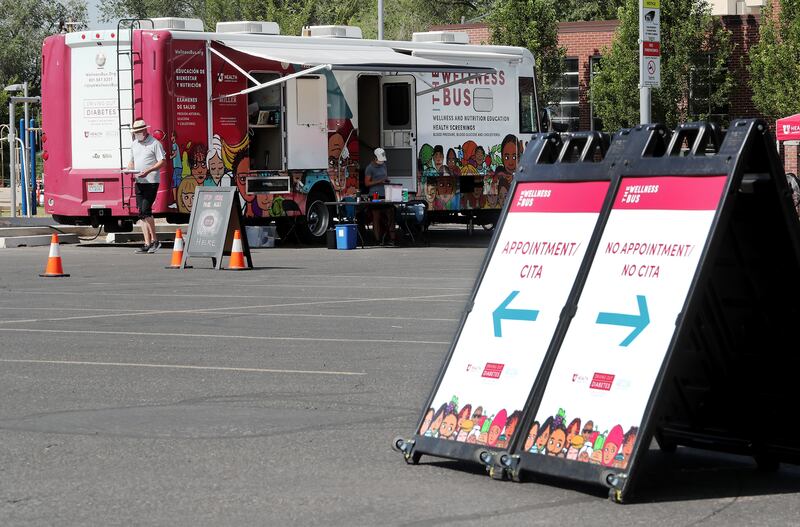Researchers at the University of California, San Francisco say they have created a new nasal spray that could ward off the novel coronavirus.
The researchers are currently working with business partners to manufacture and test the spray.
The aerosol spray — called AeroNabs — is an antiviral that is aimed at preventing COVID-19, the disease from the coronavirus that has killed hundreds of thousands of people across the world.
“Far more effective than wearable forms of personal protective equipment, we think of AeroNabs as a molecular form of PPE that could serve as an important stopgap until vaccines provide a more permanent solution to COVID-19,” Peter Walter, AeroNabs co-inventor and professor of biochemistry and biophysics at UCSF, said in a news release.
So how might it work? First, it’s not a cure. Rather, it’s “a synthetic molecule that puts a straitjacket on mechanisms within the virus that allow it to infect human cells.”
In a new paper (which has not been peer reviewed), the researchers say that the molecule works as an anti-viral against the coronavirus. The researchers said they were inspired by nanobodies, which are similar to antibodies in that they protect our cells from being infected. As I’ve written before for Deseret.com, researchers said llamas are known to have a lot of these nanobodies. In fact, scientists have considered research into llamas to determine if similar nanobodies could put an end to the coronavirus — or at least stall it until there is a vaccine.
The nanobodies “have the ability to recognize and attach to a specific spot on a specific protein — in this case, the so-called spike proteins that cover the surface of the novel coronavirus,” per WIRED.
“Though they function much like the antibodies found in the human immune system, nanobodies offer a number of unique advantages for effective therapeutics against SARS-CoV-2,” Dr. Aashish Manglik, an assistant professor of pharmaceutical chemistry, said in a news release.
The claim is that the AeroNabs nasal spray could put the clamps on the coronavirus when it remains in an inactive state and before it attaches itself to a host, serving as a layer of protection against the virus.
There’s no timeline for a potential release. But it could be something that arrives before there’s a vaccine. And it might even work for people who find out the vaccine doesn’t work for them.
“We’re not alone in thinking that AeroNabs are a remarkable technology,” Manglik said in a release. “Our team is in ongoing discussions with potential commercial partners who are interested in manufacturing and distributing AeroNabs, and we hope to commence human trials soon. If AeroNabs prove as effective as we anticipate, they may help reshape the course of the pandemic worldwide.”


